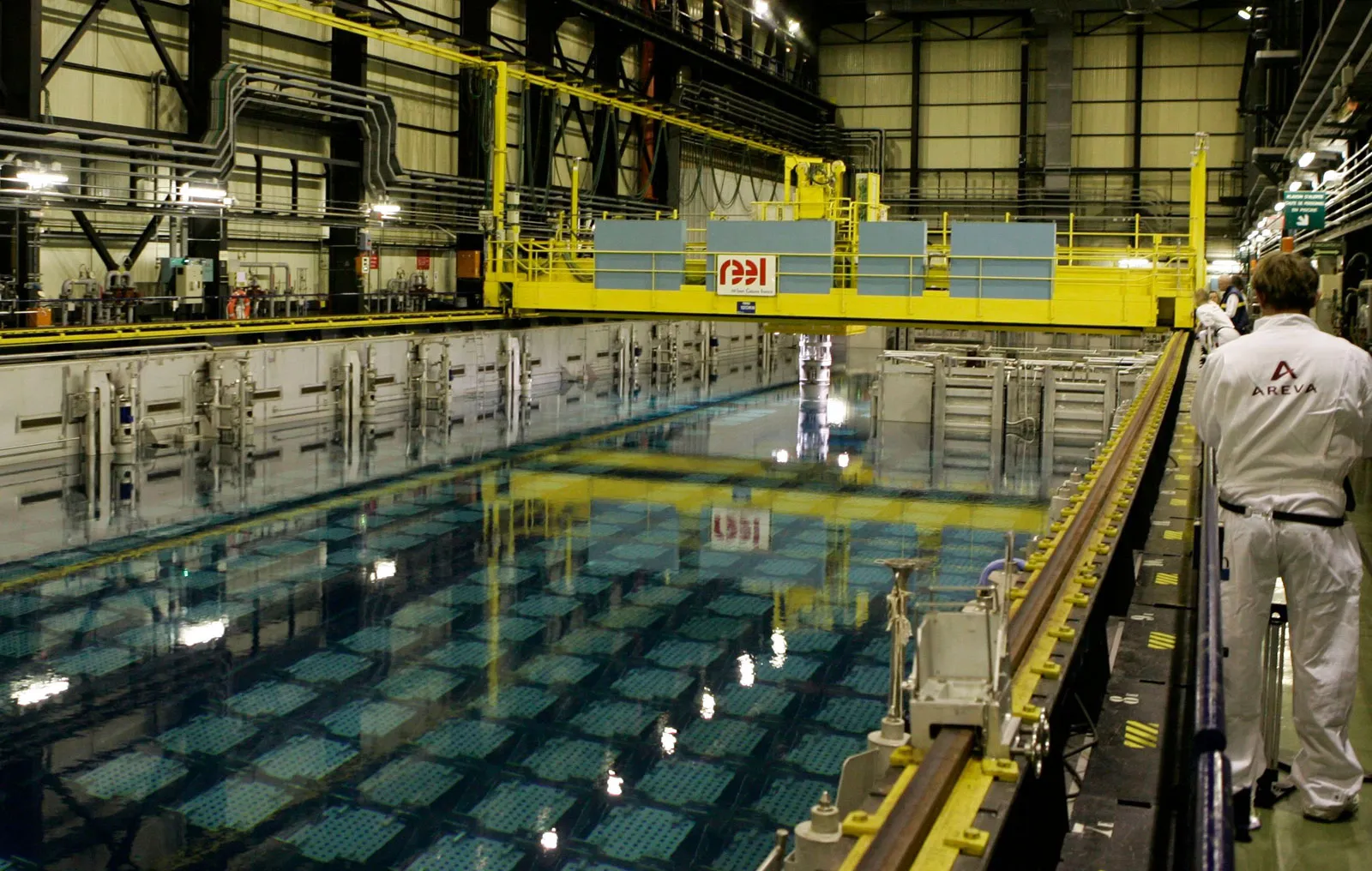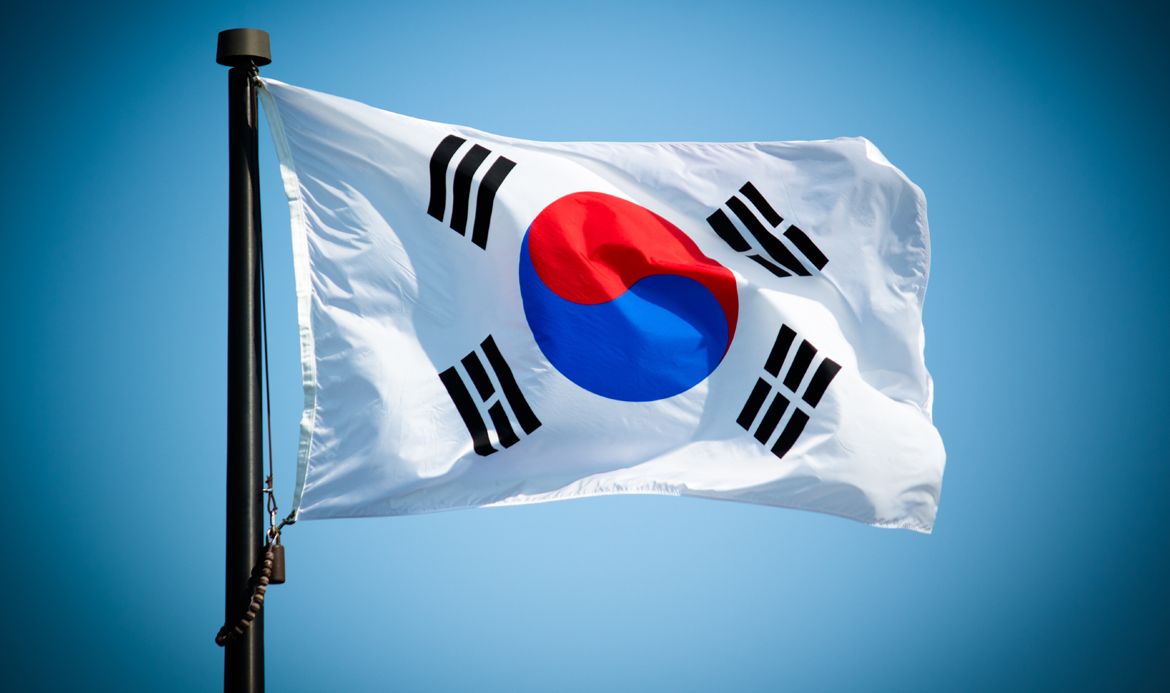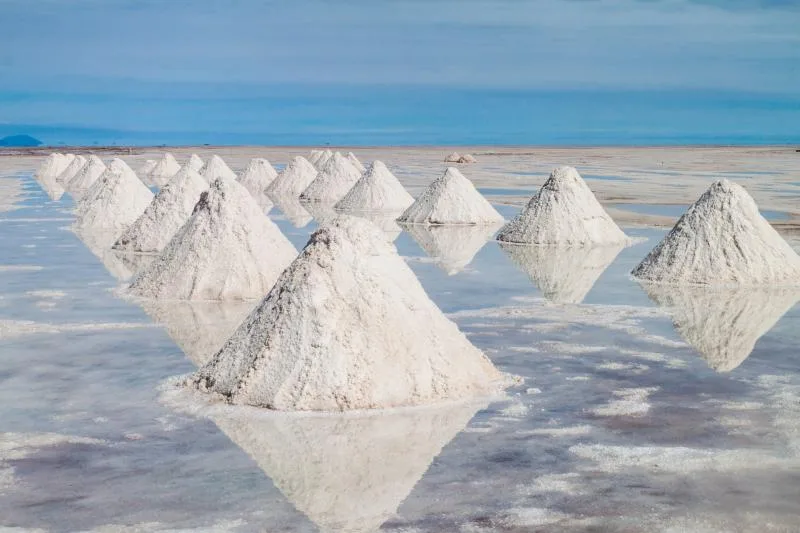In 2007, uranium’s price spiked dramatically, to roughly $300/kg (or ~$135/lb).
The spike was largely speculative, driven by a combination of growing demand expectations and the flooding of Cigar Lake, one of the biggest undeveloped high-grade uranium ore deposits in the world.
Fast forward to 2023, the price of uranium is again likely heading higher, as the crisis in Niger deepens and the global uranium demand story plays out, analysts say.
This time, the uncertainty of how the situation plays out in Niger, a major global uranium supplier has become the catalyst for concern.
The concern isn’t just limited to Niger, a larger story is unfolding, that between Russia and it’s allies, along with Europe and the West.
The scramble to secure uranium reserves and enriched uranium to fuel the coming surge in nuclear energy is on.
Niger Deteriorates
Niger is suddenly under a military coup. The military junta arrested the democratically elected president. Protestors in the streets wave NIger and Russian flags in support of the coup. The military junta have expressed it will stop uranium exports to Europe and particularly France.
French multinationals operate uranium mines in Niger’s north.
French firm Orano is a major operator in the region, operating two mines at Arlit in northern Niger while developing the Imouraren project nearby.
Shares in the uranium exploration company Global Atomic Corp. (TSX: GLO) collapsed 50% after news of the coup hit markets.
Military Intervention in Niger
Since then, a group of countries, backed by France and the US, could undertake a military intervention in Niger.
Defence heads from a bloc of African nations known as ECOWAS are now working on a potential military intervention.
Coup leader, Gen. Salifou Mody, has this week directly requested support from the infamous Russian mercenary group Wagner, AP reports.
The coup is likely to be backed by Moscow, with plans for the Wagner group to back the junta almost inevitable.
Russia v the West Uranium Scramble
The situation is part of a bigger longer-term play for resources and political control in the region, geopolitical analysts believe.

Russia controls a plurality of the world’s uranium supply, directly or indirectly through allies like Kazakhstan. The coup in Niger could be part of a bigger play by the Kremlin to solidify this control. The US, dependent on enriched uranium for the nuclear industry, still imports enriched uranium from Russia despite sanctions on other resources after the Russian war on Ukraine. The US Congress is trying to change this.
Analysts from the US to China suggest the uranium price will be under strong perceived and tangible pressure in the coming weeks.
Analysts speaking on China’s demand perspective this week told The Global Times that the situation in Niger “will lead to shortages and higher prices,” Wang Guoqing, research director at Beijing Lange Steel Information Research Center, told the Global Times.
Analysts also said China will move to diversify sources of uranium supply to fuel its massive new nuclear industry. Possibly turning to partners with more secure geopolitical supply. The analysts didn’t name any particular countries China might turn to.
“I believe that the country will try to diversify import sources,” Wu Chenhui, an independent industry analyst said.
“Europe may bear the brunt of the crisis in Niger as it faces increasing demand for nuclear energy while it imposed sanctions on Russian oil and natural gas,” Wu said.
North American analysts suggested uranium prices could spike on the uncertainty in global supply and geopolitical tensions.
“All indications would be that this would be a catalyst for upward moves in the uranium price given the overall tight supply/demand balance in uranium at this time,” Jonathan Hinze told Reuters.
Niger is France’s largest supplier of uranium. France imported about one-third of its 6,286 tonnes of uranium from Niger (34.7%) in 2020, according to the Euratom Technical Committee (CTE).
Demand Globally Surging
On the demand side, the world is seeing a surge in nuclear energy investment, with Japan bringing its fleet back online, European nations (ex Germany) planning to build more or extend the lifespan of plants, along with coming SMR plans and micro-nuclear.
Just last week China announced it would proceed with 6 new nuclear reactors, a new nuclear reactor went online in the US and Japan’s oldest reactor restarted after 12 years offline. Last month Canada started construction on multiple new reactors, a Washington DC-based startup announced billions of dollars in deals for ‘micro-nuclear’ plant technology and the UK announced their ‘Great British Nuclear’ strategy.






